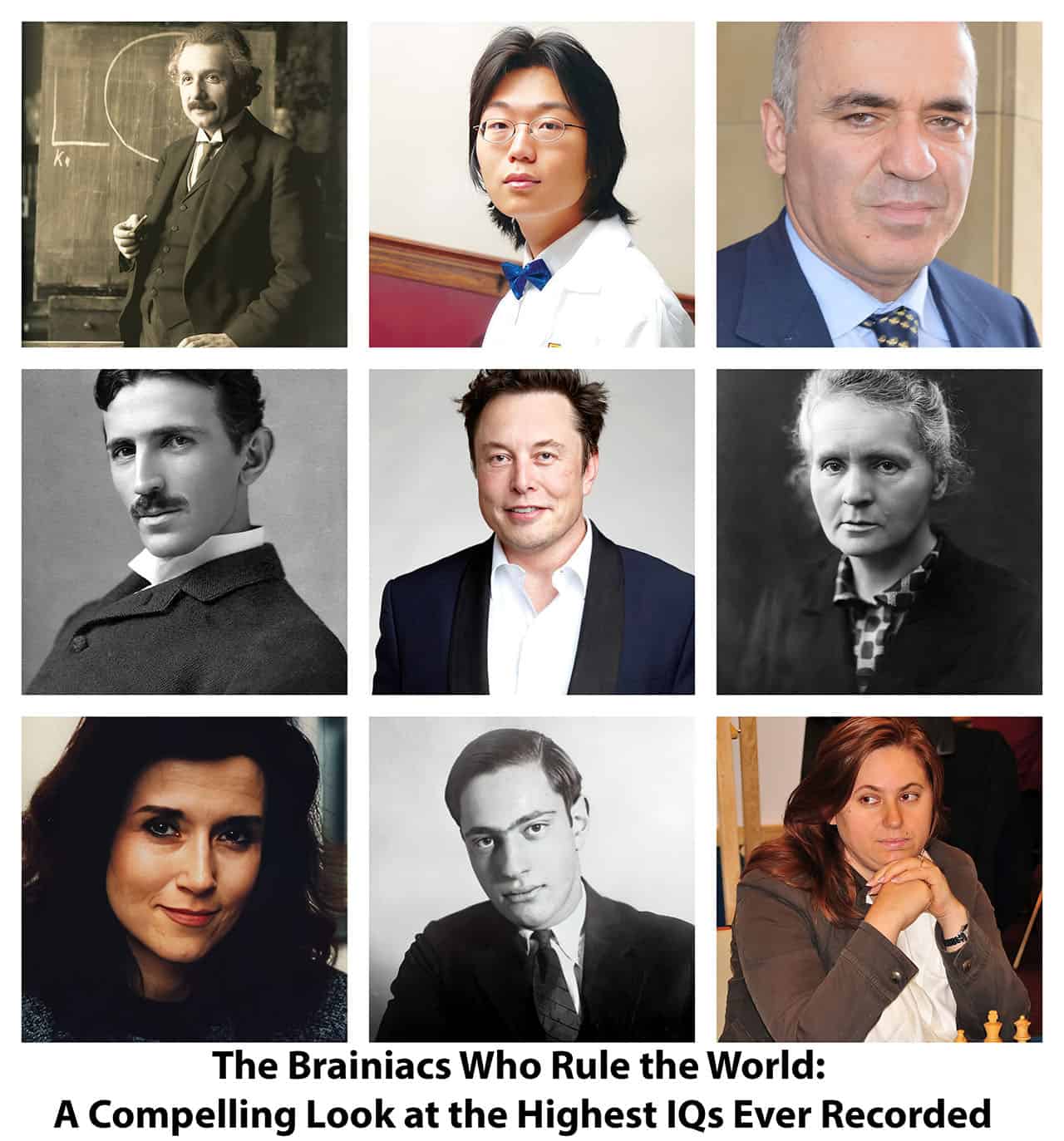Human intelligence has always been a topic of great fascination, and throughout history, many have sought to quantify this elusive trait with the invention of IQ tests.
While there is much debate about the true meaning of intelligence and its various forms, one cannot deny the intrigue surrounding those with exceptionally high IQ scores.
In this blog post, we will delve into the world of these intellectual giants by exploring the top 28 individuals with astonishingly high Intelligence Quotients (IQs) – some even surpassing Albert Einstein’s! From prodigies in mathematics to masterminds in literature and everything in between, prepare to be amazed as we take you on a journey through their extraordinary lives and achievements.
Key Takeaways
IQ, or intelligence quotient, is a numerical value that measures a person’s cognitive abilities and potential to learn.
The top 28 individuals with the highest IQs in the world exhibit exceptional cognitive abilities and have made significant contributions to fields such as mathematics, science, literature, and more.
While having a high IQ can open doors to opportunities, it does not guarantee success or happiness in all areas of life. Emotional intelligence, problem-solving skills, and social skills are also vital factors in achieving personal and professional success.
Human potential for intellectual development is vast and multifaceted; nurturing a love for learning from an early age can help young individuals like Ramarni Wilfred achieve great things.
Table of Contents
What Is An IQ?
An IQ, or intelligence quotient, is a numerical value that measures a person’s cognitive abilities and potential to learn.
Definition And Meaning
An Intelligence Quotient, commonly known as IQ, is a numerical representation of an individual’s cognitive abilities in comparison to the general population. Derived from standardized tests specifically designed to assess intelligence, an average IQ score is set at 100, with scores above 140 often considered genius territory.
The concept of measuring human intellect dates back to the early 20th century when French psychologist Alfred Binet developed the first tests for this purpose.
Since then, numerous versions have been created – including Wechsler Adult Intelligence Scale (WAIS), Stanford-Binet Intelligence Scale (SB5), and Kaufman Assessment Battery for Children (KABC) – all aiming to provide an accurate assessment of one’s intellectual potential or giftedness.
How Is IQ Measured?
IQ, short for Intelligence Quotient, is determined by administering standardized tests that assess cognitive abilities and intellectual potential. These evaluations typically cover several aspects of intellect, such as verbal comprehension, abstract reasoning, logical thinking, and problem-solving skills.
During these assessments, a test-takers performance is carefully examined and scored based on pre-established criteria. The raw score obtained from completing the tasks is then converted into an intelligence quotient using a specific formula: Mental Age divided by Chronological Age multiplied by 100.
For instance, if an individual has a mental age of 15 while their actual chronological age is 12 years old, their IQ would be approximately 125 (15/12 x 100). Consequently, this standardized measurement allows for comparisons between individuals of different ages without bias or unfair advantages.
The Highest IQs In The World
Discover the top 28 individuals with the highest IQs in the world, including William James Sidis, with an estimated IQ score ranging from 250 to 300, and Terence Tao, with an IQ estimated between 225 and 230.
William James Sidis: IQ 250-300
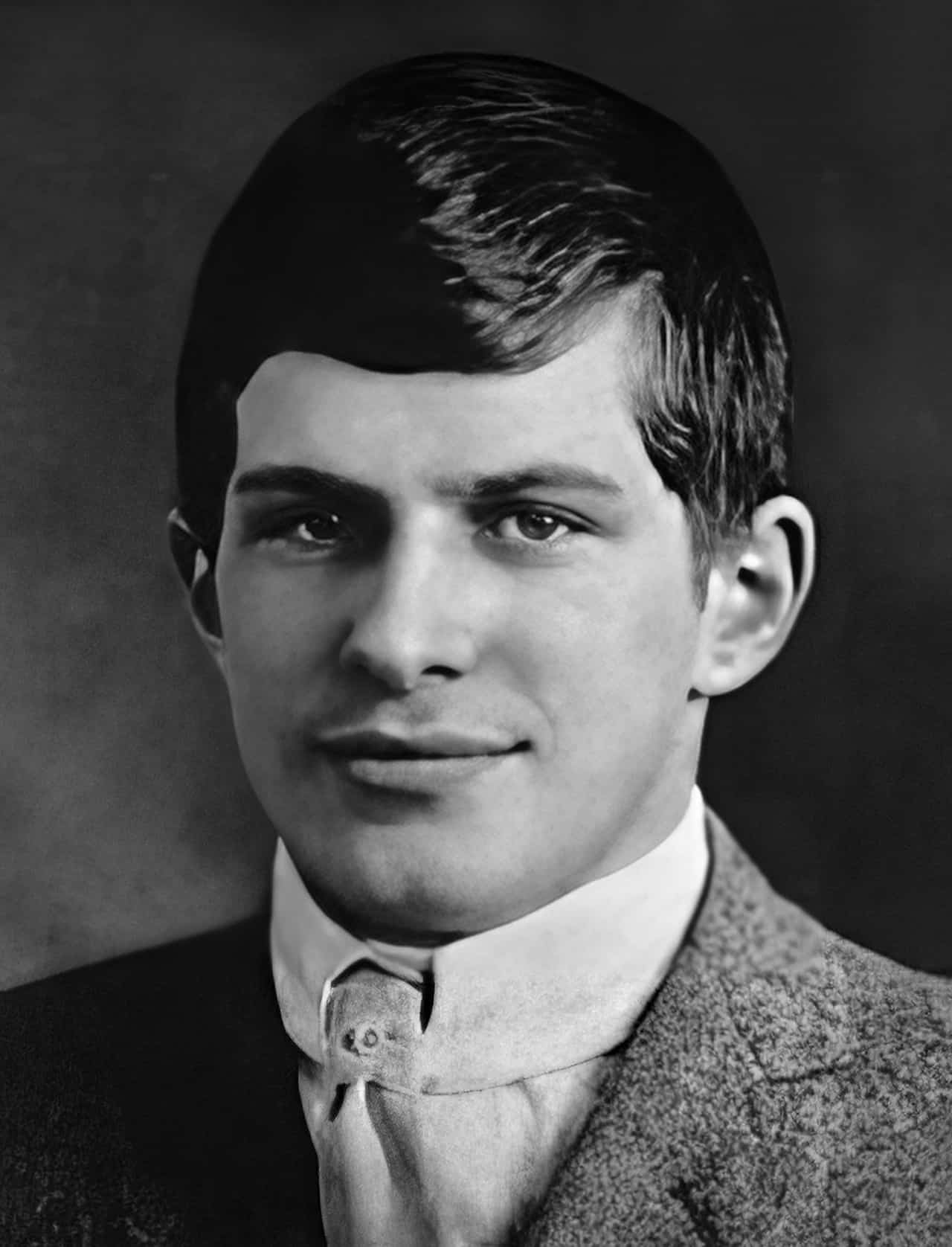
William James Sidis, often regarded as one of the most intelligent people to have ever lived, had an astonishing IQ estimated between 250 and 300. Born in New York City in 1898, this American prodigy displayed exceptional mental abilities from a very young age.
Sidis’ extraordinary intellect earned him a place at Harvard University when he was only 11 years old – making him the youngest person ever admitted at that time. However, his tenure was short-lived, as he left after just one year due to being far too advanced compared to his peers.
Despite his early academic success and later accomplishments in mathematics and physics, Sidis eventually renounced academia altogether and chose a life of seclusion.
Terence Tao: IQ 230

Terence Tao is a mathematician who has an IQ score of 230, making him one of the smartest people in the world. Born into a Chinese family in 1975, Tao showed exceptional mathematical abilities from a young age, earning his doctorate at the age of 20.
He went on to receive numerous prestigious awards, including the Fields Medal in 2006, for his contributions to partial differential equations and other fields of mathematics.
Marilyn Vos Savant: IQ 228
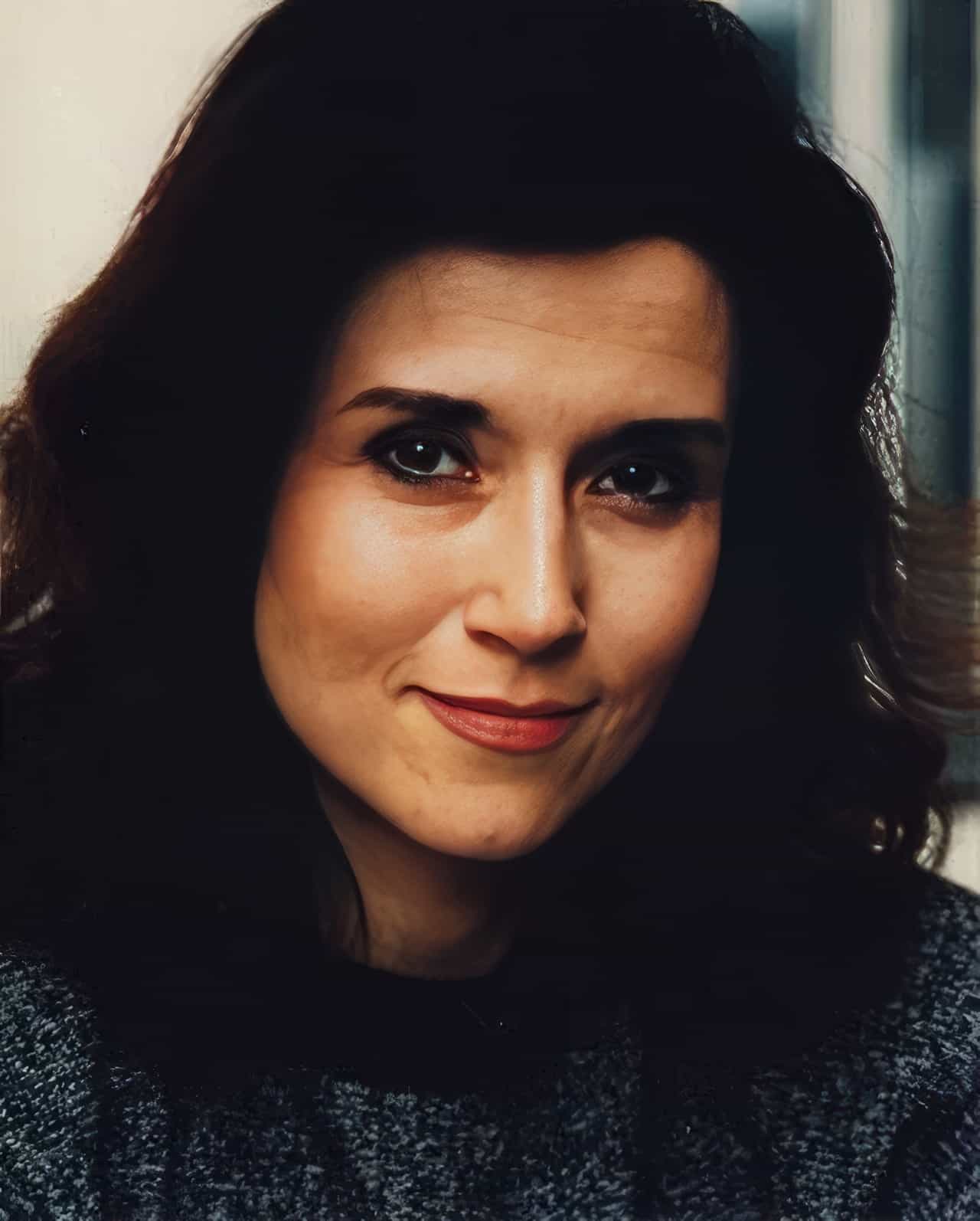
Marilyn vos Savant is a name that may not be widely known, but she holds the record for having the highest confirmed IQ in the world, with a score of 228.
She gained recognition when her intelligence was discovered at an early age and was later featured in Parade Magazine’s “Ask Marilyn” column, where she answered questions on various topics ranging from science to philosophy.
Leonardo Da Vinci: IQ 220
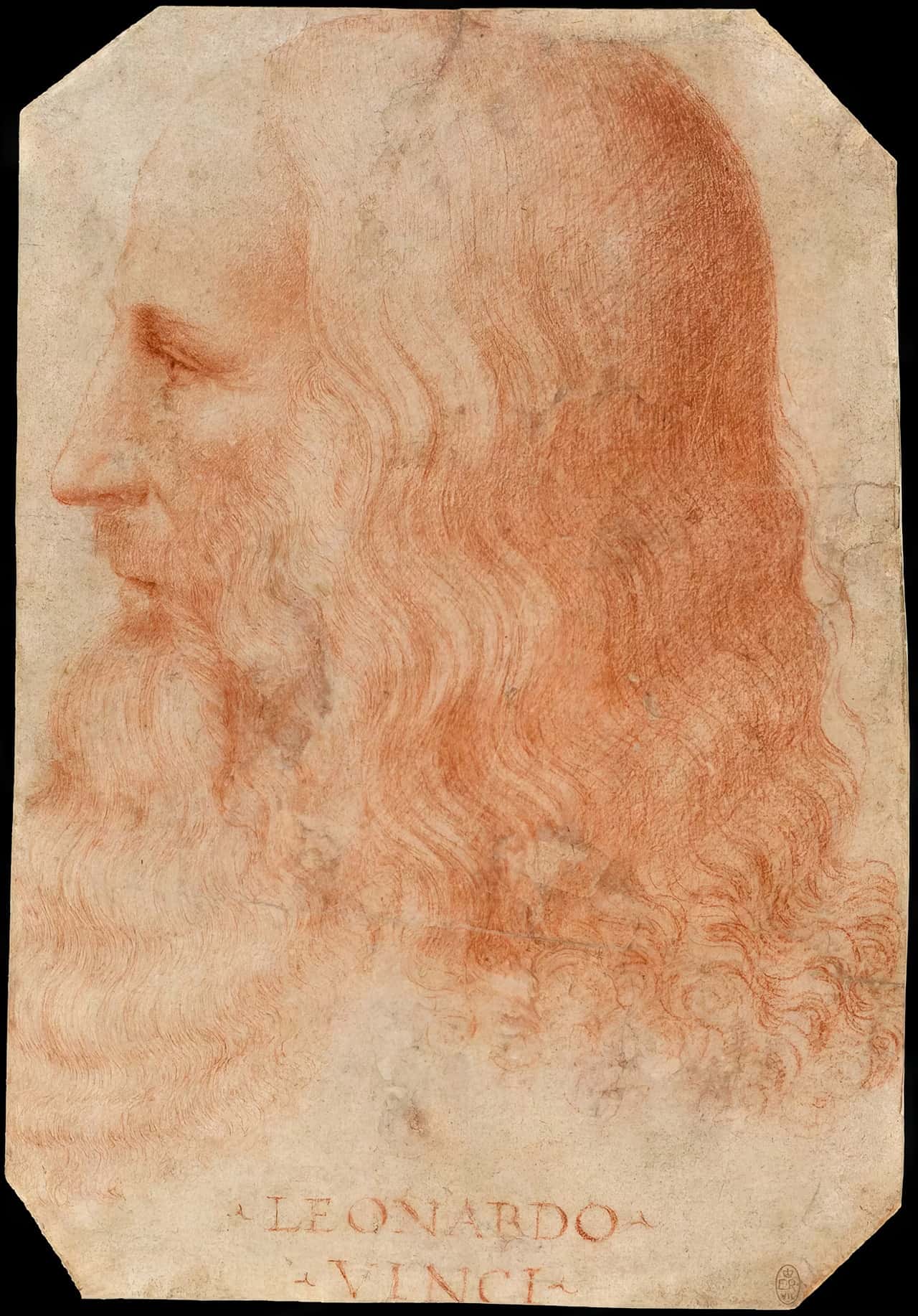
Leonardo da Vinci was a true Renaissance man and one of the smartest people in history, with an estimated IQ score ranging from 180 to 220. He was a polymath who excelled in various fields, including art, science, music, architecture, and engineering.
Da Vinci is best known for his paintings, such as The Mona Lisa and The Last Supper. He also made significant contributions to anatomy and physics and even invented flying machines ahead of his time.
His intelligence was vast and multifaceted; he had a great understanding of mathematics, which helped him create proportionate artwork while being gifted in geometry, which allowed him to invent many revolutionary devices during his lifetime.
Johann Wolfgang Von Goethe: IQ 210-225
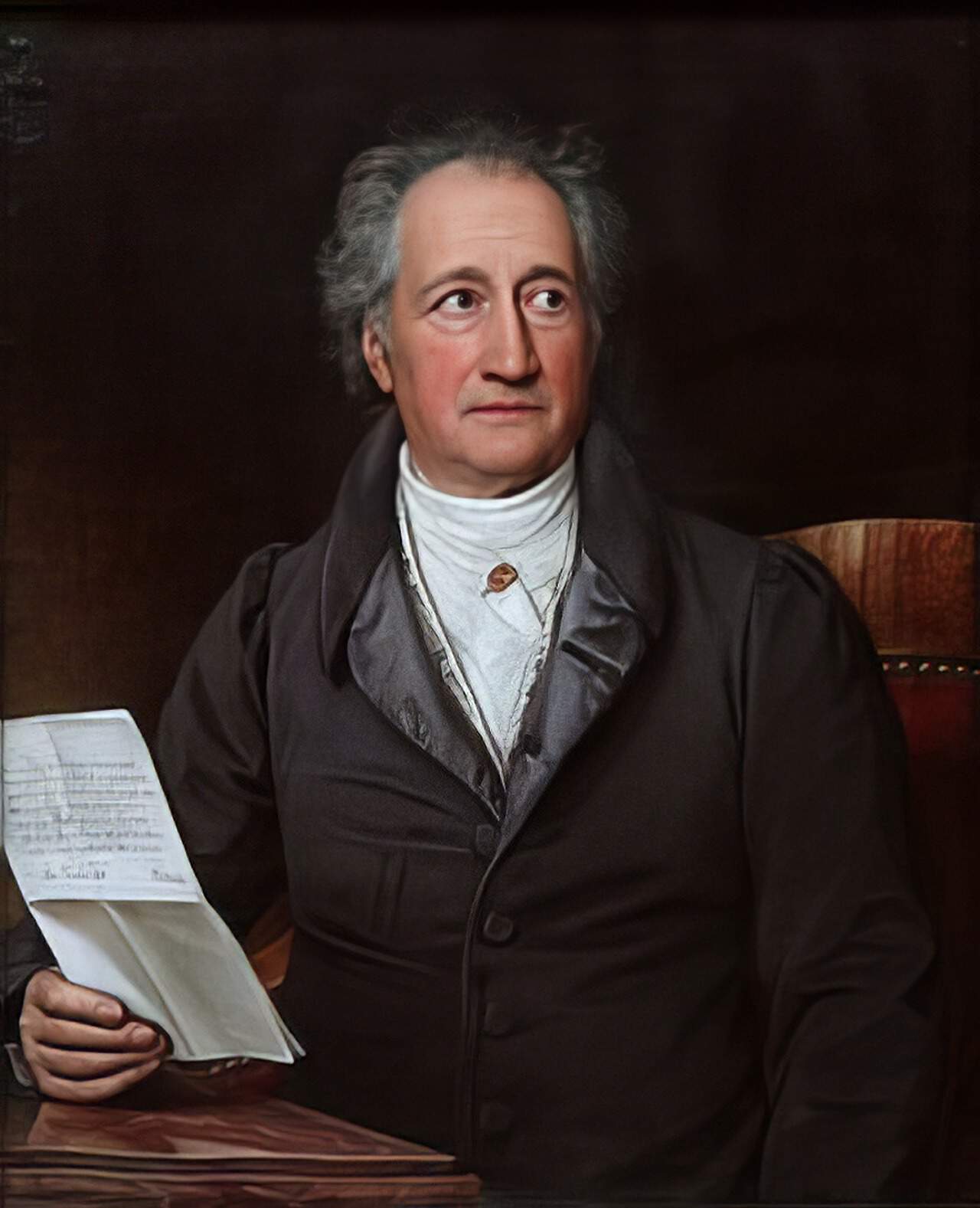
Johann Wolfgang von Goethe, a German writer, and polymath who lived in the 18th and early 19th centuries, is estimated to have had an IQ between 210 and 225.
Goethe was one of the most prominent literary figures in Western history, known for his contributions to fields such as biology, geology, and optics. He was also a prolific thinker whose ideas influenced many other intellectuals of his time.
Kim Ung-Yong: IQ 210
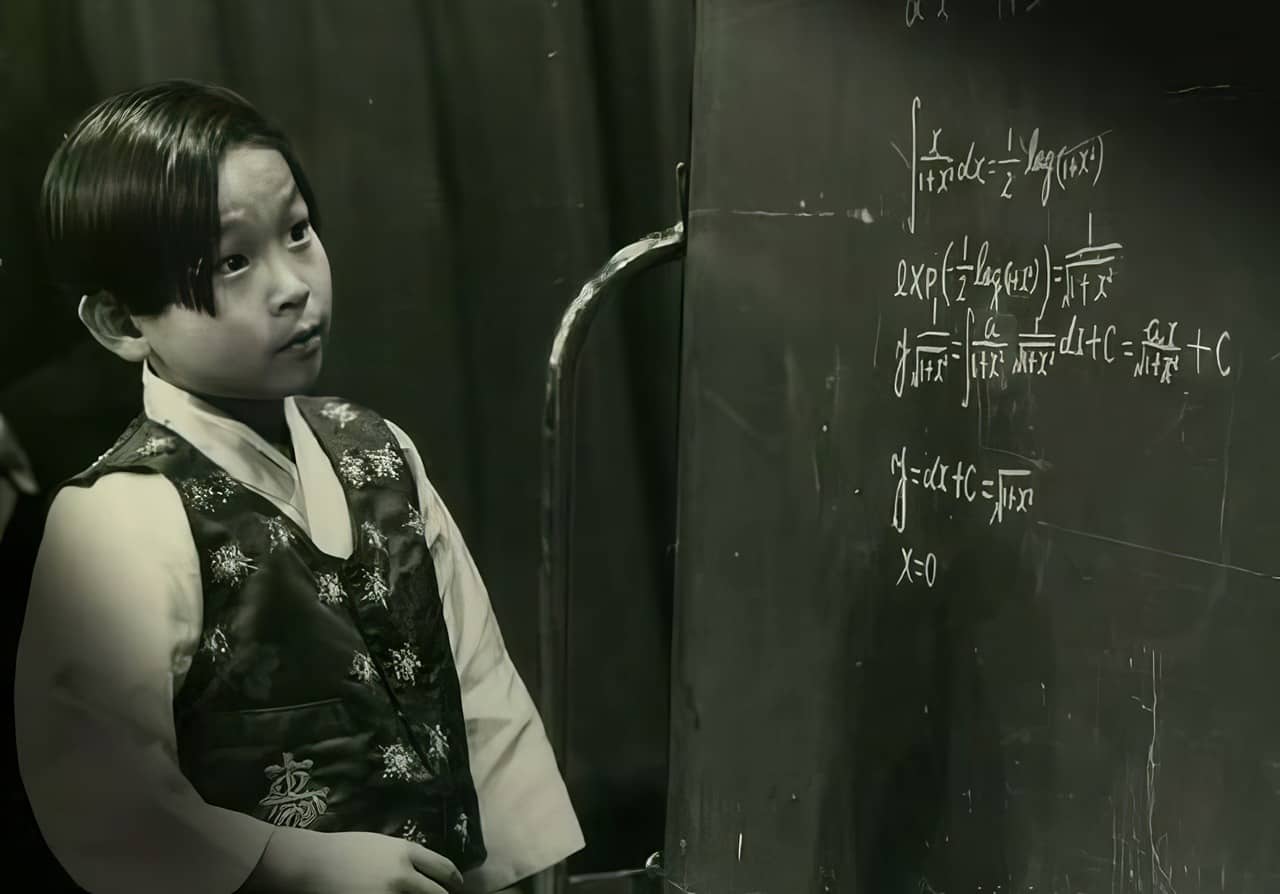
Kim Ung-Yong has an IQ score of 210, making him one of the smartest people in history. Born in South Korea, Kim displayed exceptional abilities in reading, writing, and mathematics at a very young age.
He completed high school by the age of three and later declined admission to Korea’s most prestigious university to pursue a Ph.D.
Kim has achieved many remarkable feats throughout his life. At the age of eight, he was invited to work with NASA as a researcher in astrophysics. He has authored several books and articles on science and engineering, which have been recognized for their contributions to these fields.
Christopher Langan: IQ 195-210

Christopher Langan is a highly intelligent individual with an IQ score ranging from 195-210. He is known for his involvement in a NASA project when he was just 16 years old, and he even graduated from Princeton University at the age of 22.
Despite his exceptional cognitive abilities, Langan has faced challenges in his personal life, including financial struggles and difficulty finding employment that matched his intellectual capabilities.
While having a high IQ can certainly open doors to opportunities, it does not guarantee success or happiness in all areas of life.
Isaac Newton: IQ 193
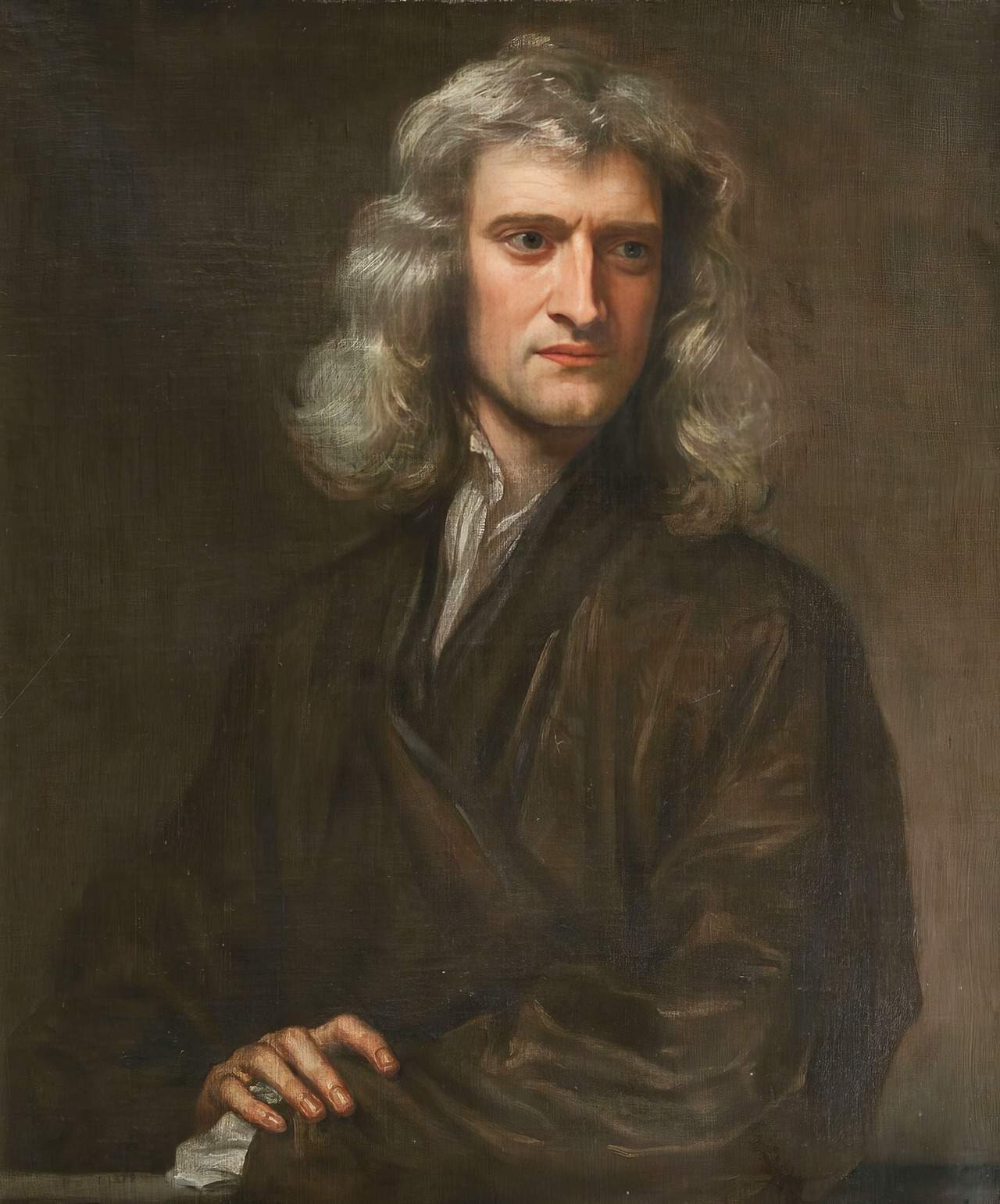
Isaac Newton, one of the most prominent figures in scientific history, had an IQ of 193. He is renowned for his groundbreaking work on gravity and the laws of motion, which contributed significantly to modern physics.
It’s fascinating to imagine what kind of mind it took to have such a profound impact on the way we understand our universe.
Albert Einstein: IQ 160

Albert Einstein is widely recognized as one of the most intelligent individuals in history, with an IQ score of 160. He was a physicist and mathematician who made significant contributions to the field of relativity and won the Nobel Prize in Physics in 1921.
Einstein’s intelligence is evident in his achievements; he graduated from Princeton University at the age of 22 and developed groundbreaking theories that have shaped modern physics.
Ramarni Wilfred: IQ 162
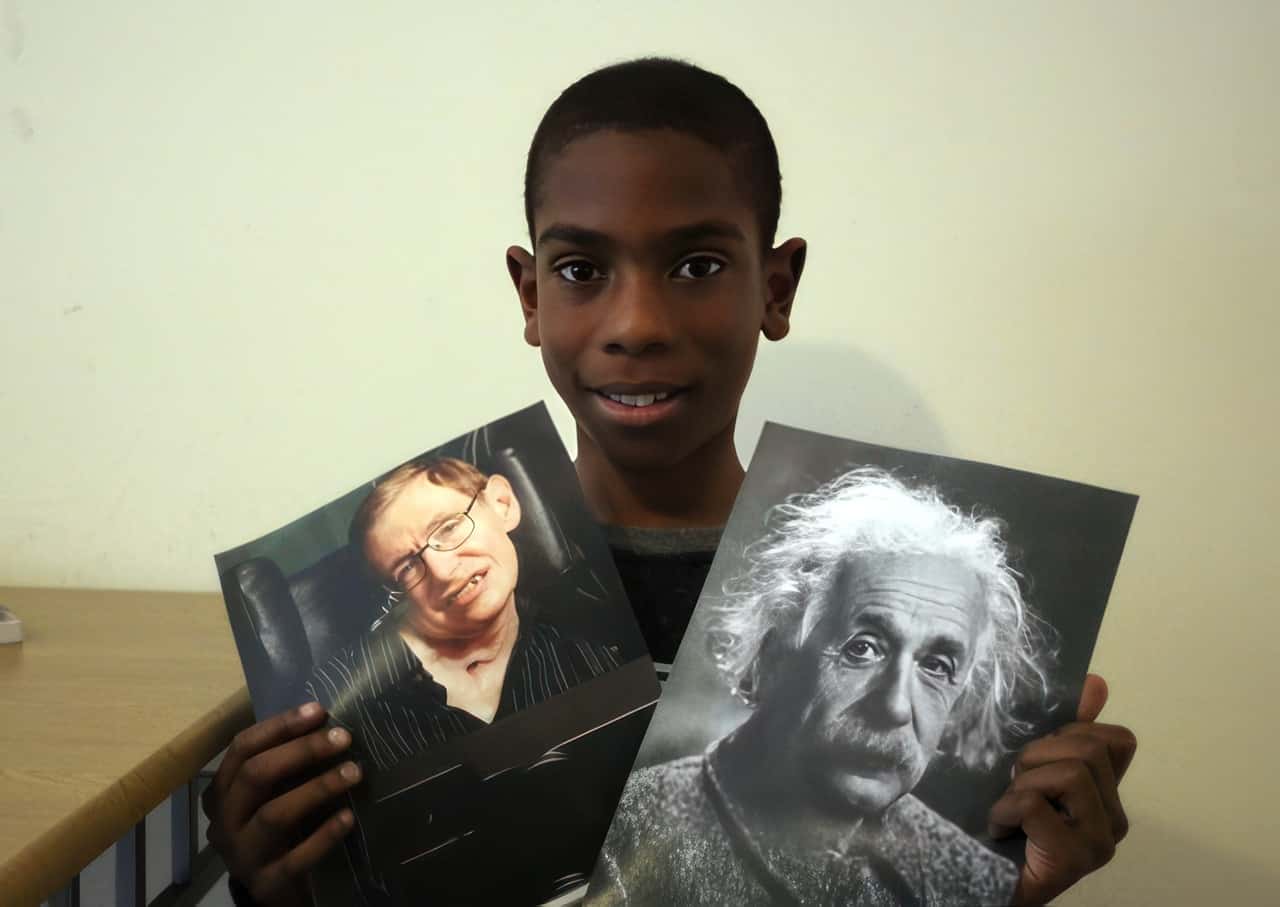
Ramarni Wilfred, a Black teenager from London, has an impressive IQ score of 162. To put this into perspective, his score is higher than Albert Einstein’s at the age of 11.
Despite having an exceptional intellect, Wilfred has pursued his passion for fossil hunting and even wrote an award-winning paper on justice theory that was recognized by Oxford University.
Nathan Leopold: IQ 210
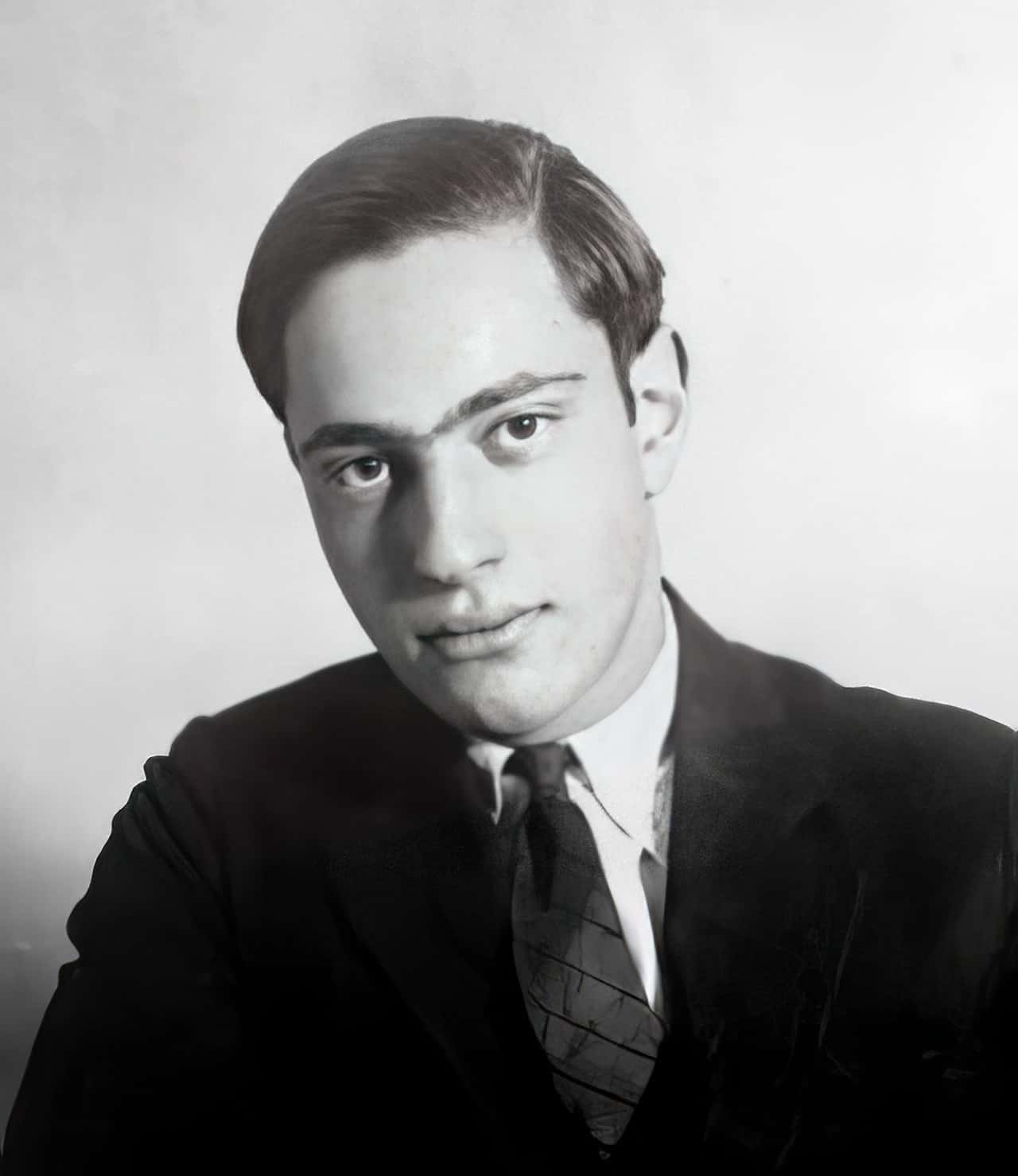
Nathan Leopold had one of the highest IQ scores in the world, scoring an impressive 210. He was a child prodigy who graduated from Princeton University at only 22 years old.
However, his intellectual abilities did not lead him down a positive path as he became a ruthless serial killer who believed his intelligence gave him permission to commit atrocities.
This serves as a reminder that a high IQ does not guarantee success or prevent immoral actions and behaviors.
Marnen Laibow-Koser: IQ 268
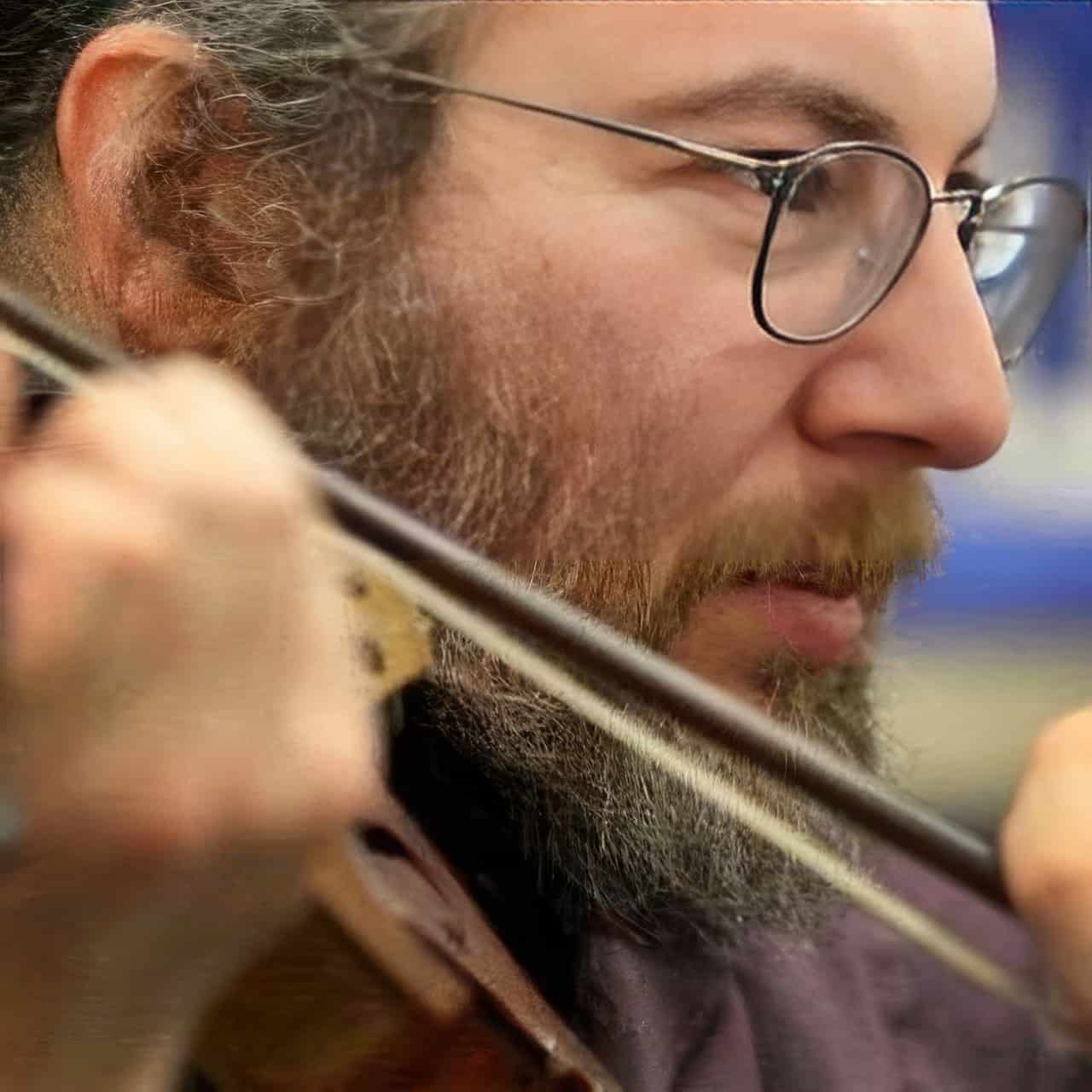
Marnen Laibow-Koser is a name that may not be familiar to most, but he is one of the smartest people in the world, with an IQ score of 268. He is known for his incredible abilities as a composer and musician, having earned a Master of Music degree from the prestigious New England Conservatory.
In addition to his musical talents, Laibow-Koser also works as a web developer and has made significant contributions to open-source software development.
His exceptional intelligence places him among only a handful of individuals with such high IQ scores, including historical figures like Leonardo da Vinci and Johann Wolfgang von Goethe.
Adragon De Mello: IQ 400
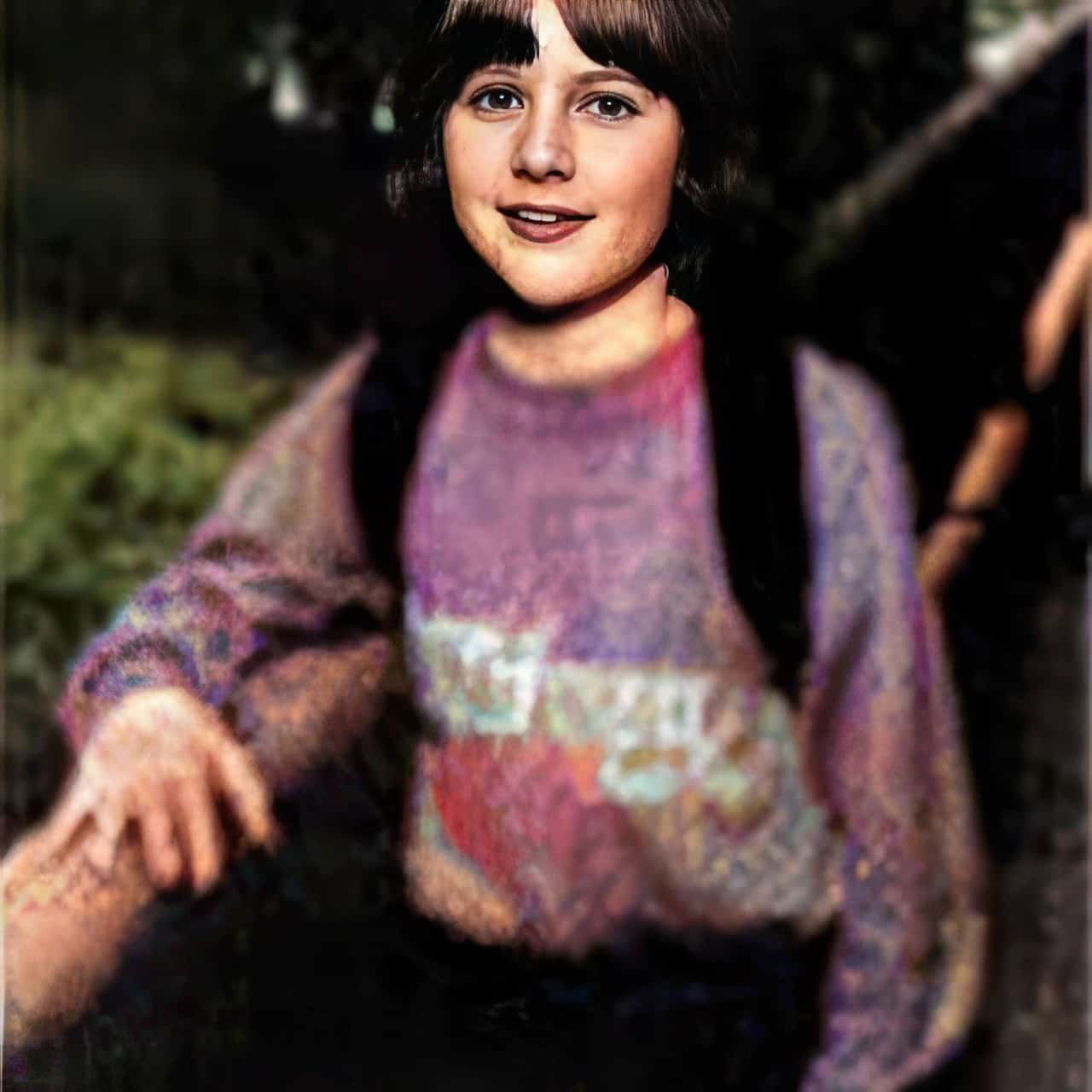
Adragon De Mello is an individual who is associated with one of the highest IQ scores ever recorded, with some sources claiming it to be 400. This child prodigy graduated from college at the age of just 11 and became the first person in American history to do so.
Adragon studied computational mathematics at the University of California, Santa Cruz, showcasing his exceptional abilities in both math and computer science fields. He was featured on a list of the top 28 individuals with the highest IQs in the world, alongside other geniuses like Terence Tao, Marilyn vos Savant, Christopher Langan, and Johann Wolfgang von Goethe among others.
Michael Kearney: IQ 200-325
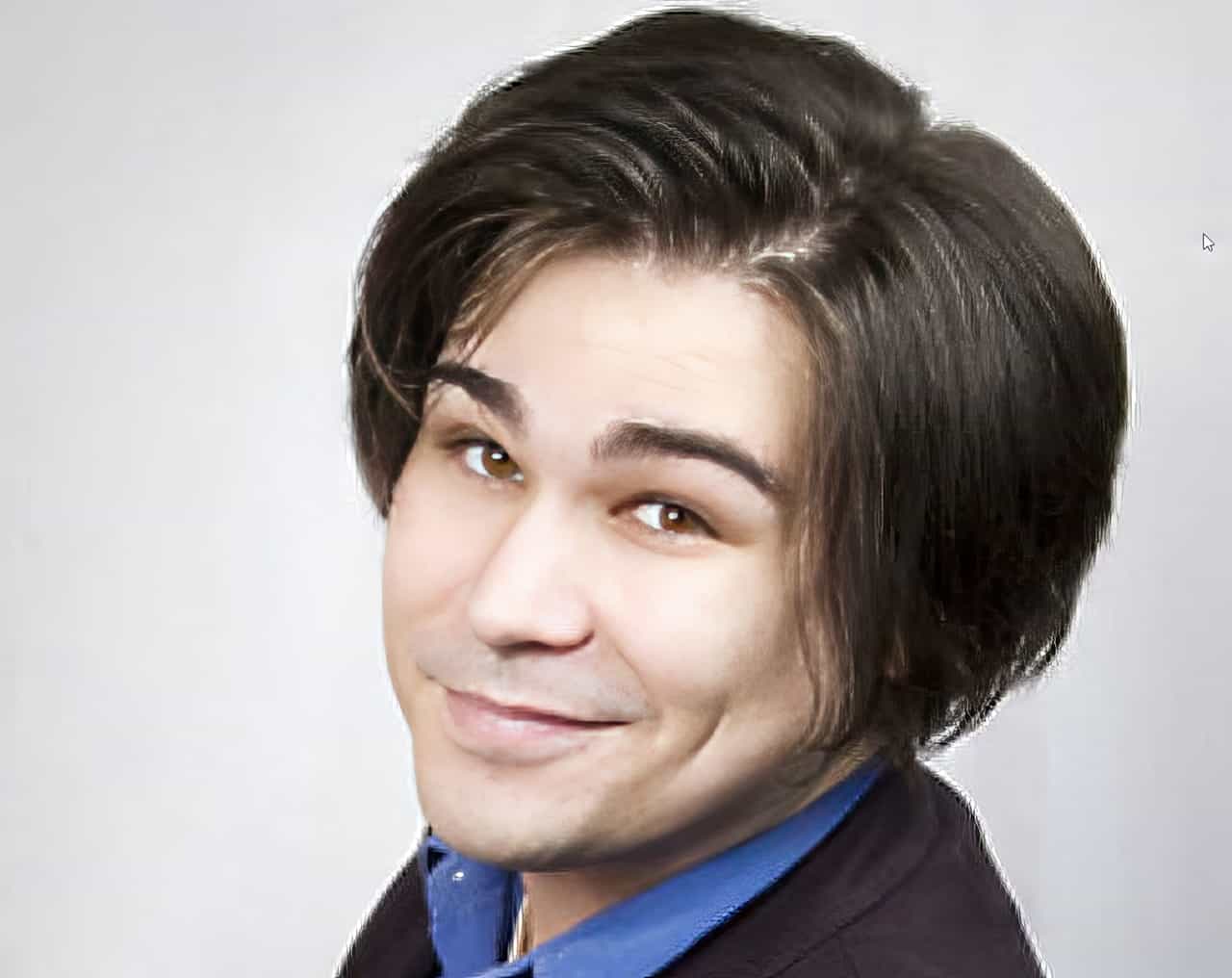
Michael Kearney is one of the individuals on our list with an IQ score between 200-325. He is known for earning a bachelor’s degree in anthropology from the University of South Alabama at the young age of 10, making him one of the youngest college graduates in history.
Despite his impressive academic achievements, Kearney has expressed interest in having a “normal life” and has not pursued higher degrees or professional success to the same extent as some others on this list.
Nikola Tesla: IQ 160-300
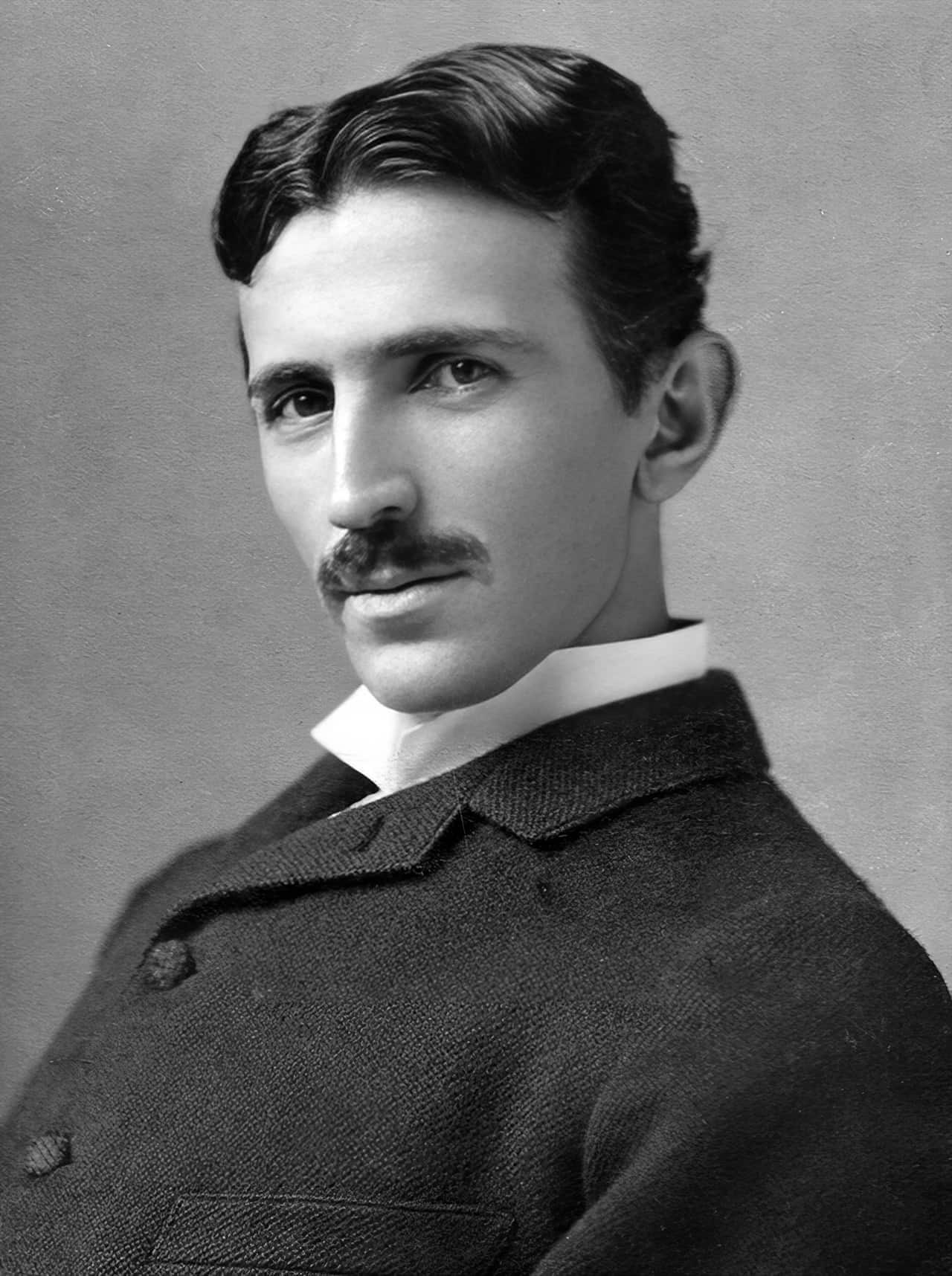
Nikola Tesla, one of the greatest inventors in history, had an IQ score between 160-300. He was a Serbian-American inventor.who made significant contributions to the development of modern technology, particularly in the field of electrical engineering.
Tesla is best known for his work on alternating current (AC) electrical systems and wireless communication. His inventions include the Tesla coil, which he used to generate high-voltage electricity and conduct experiments on electromagnetism.
Judit Polgar: IQ 170
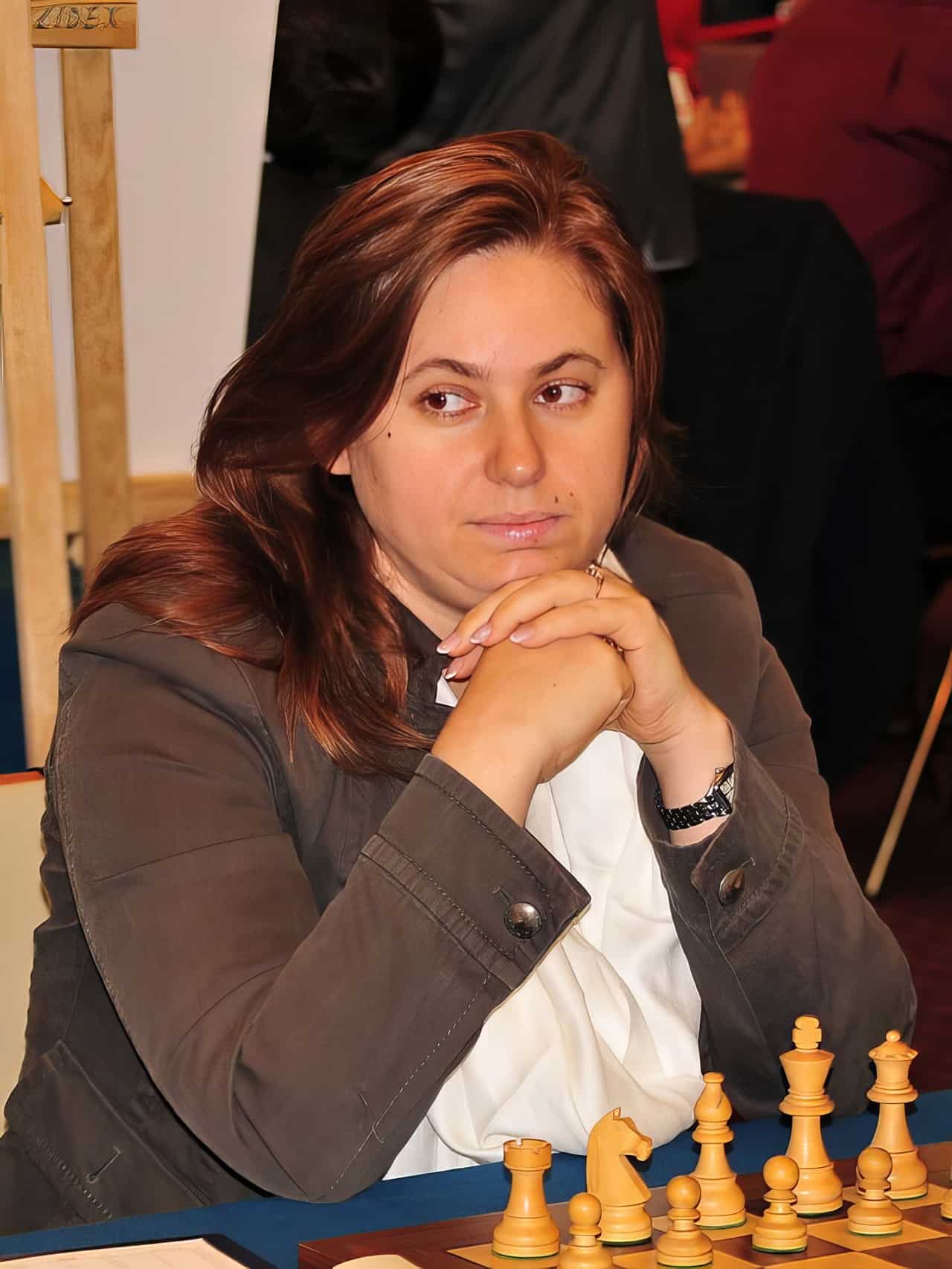
Judit Polgar is a Hungarian chess player who has an IQ score of 170, placing her among the top 28 individuals with the highest IQs in the world.
She is considered one of the greatest female chess players and achieved the title of Grandmaster at just 15 years old, breaking records as the youngest person to ever achieve this feat.
Throughout her career, Polgar defeated several world champions, including Garry Kasparov and Anatoly Karpov. What sets Judit apart from other chess players is that she comes from a family of chess players and was homeschooled by her father, who had a theory that any child could become a genius if trained in a particular subject from a young age.
Edith Stern: IQ 203

Edith Stern is an incredibly intelligent woman with an IQ score of 203, making her one of the smartest people in the world. She started college at just twelve years old and went on to become Vice President for Research and Development at IBM in the 1970s.
However, Edith’s story goes beyond just her high IQ score. She exemplifies that intelligence can come from various backgrounds and experiences, as she faced gender discrimination throughout her career but was still able to achieve great success through hard work and perseverance.
Sho Yano: IQ 200
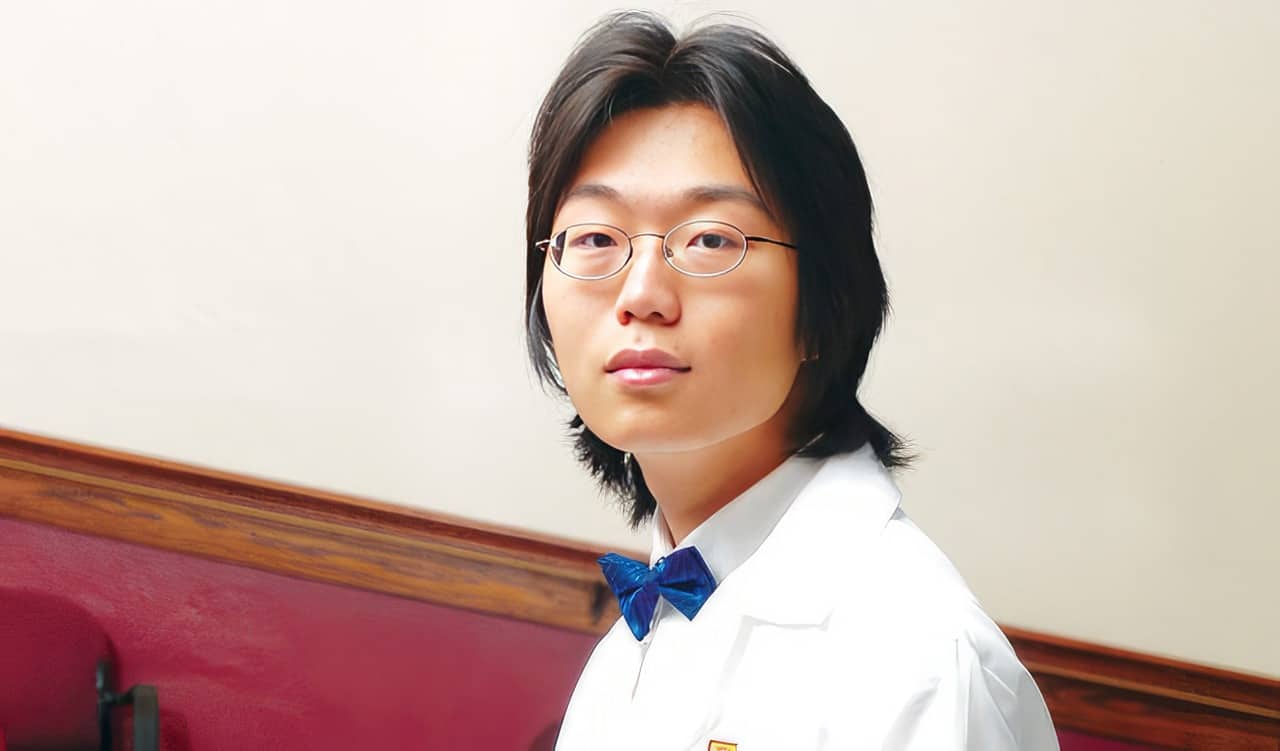
Sho Yano is a child prodigy whose IQ score measures over 200, placing him among the smartest people in the world. Yano’s incredible intellect allowed him to complete his undergraduate degree at the University of Chicago when he was just 12 years old.
He went on to earn his Ph.D. from the same institution when he was only 18, studying molecular genetics and cell biology.
Marie Curie: IQ 180-200
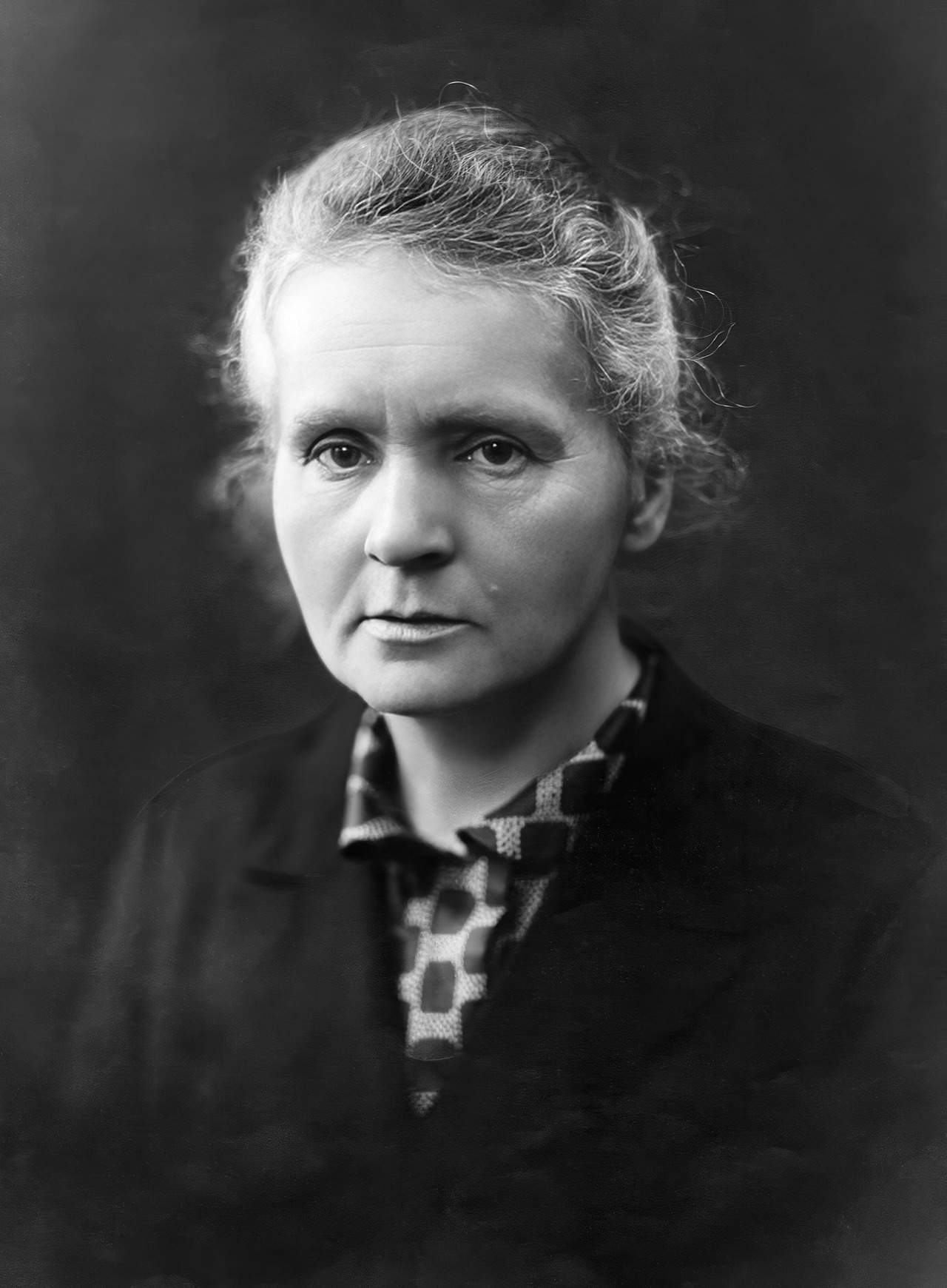
Marie Curie is one of the most prominent figures on our list of individuals with the highest IQs. With a score between 180-200, her exceptional intelligence was evident in her groundbreaking work as a physicist and chemist.
Curie’s research on radioactivity revolutionized scientific knowledge about atomic structure and radiation, earning her two Nobel Prizes in physics and chemistry – the first woman to ever receive this prestigious award.
She also pioneered X-ray medicine during World War I, leading mobile radiography units near the front lines to assist wounded soldiers.
Richard Rosner: IQ 192
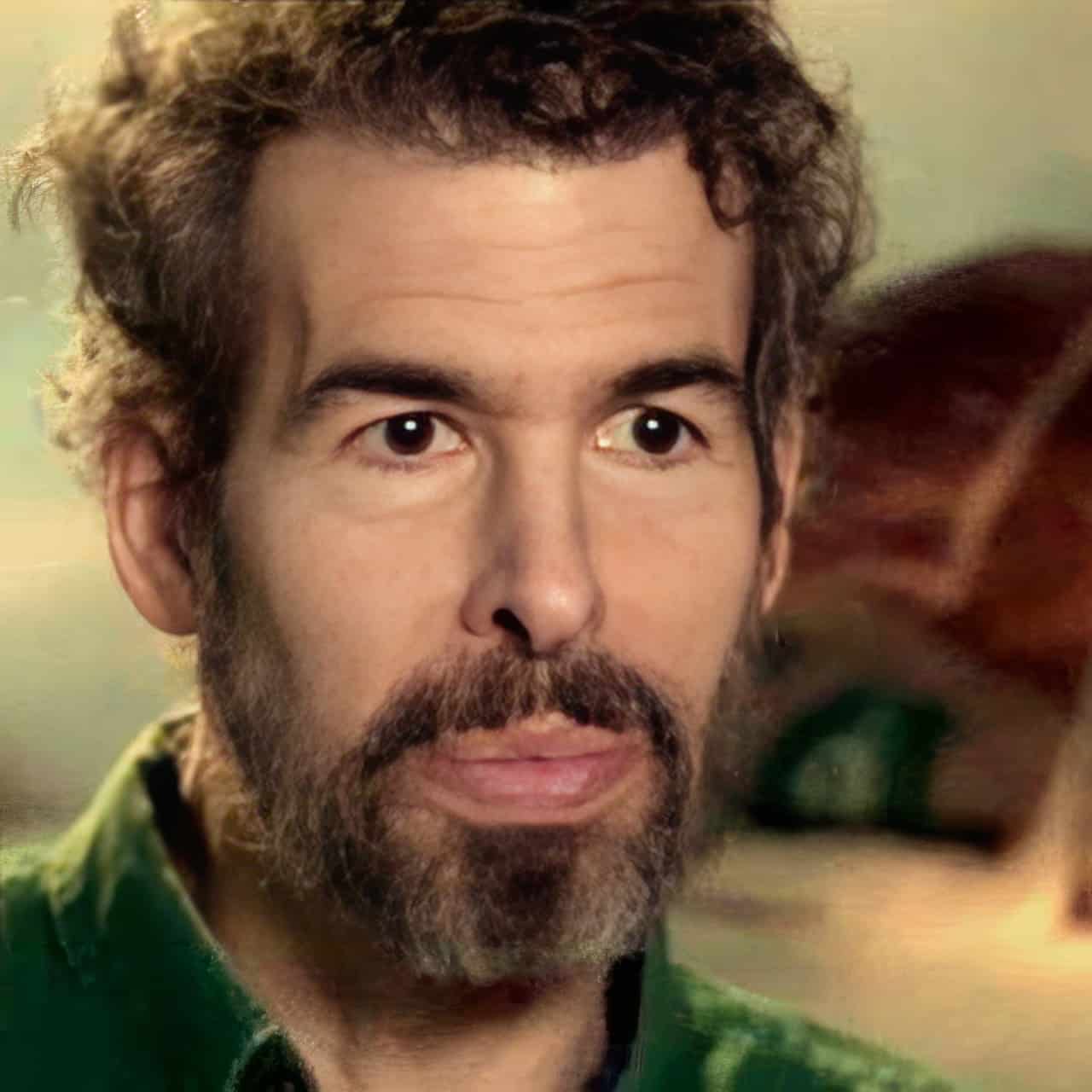
Richard Rosner is an American television writer and producer with a reported IQ score of 192, one of the highest ever recorded. He was involved in a NASA project at just 16 years old and went on to graduate from Princeton University at the age of 22.
Hypatia: IQ 170-210
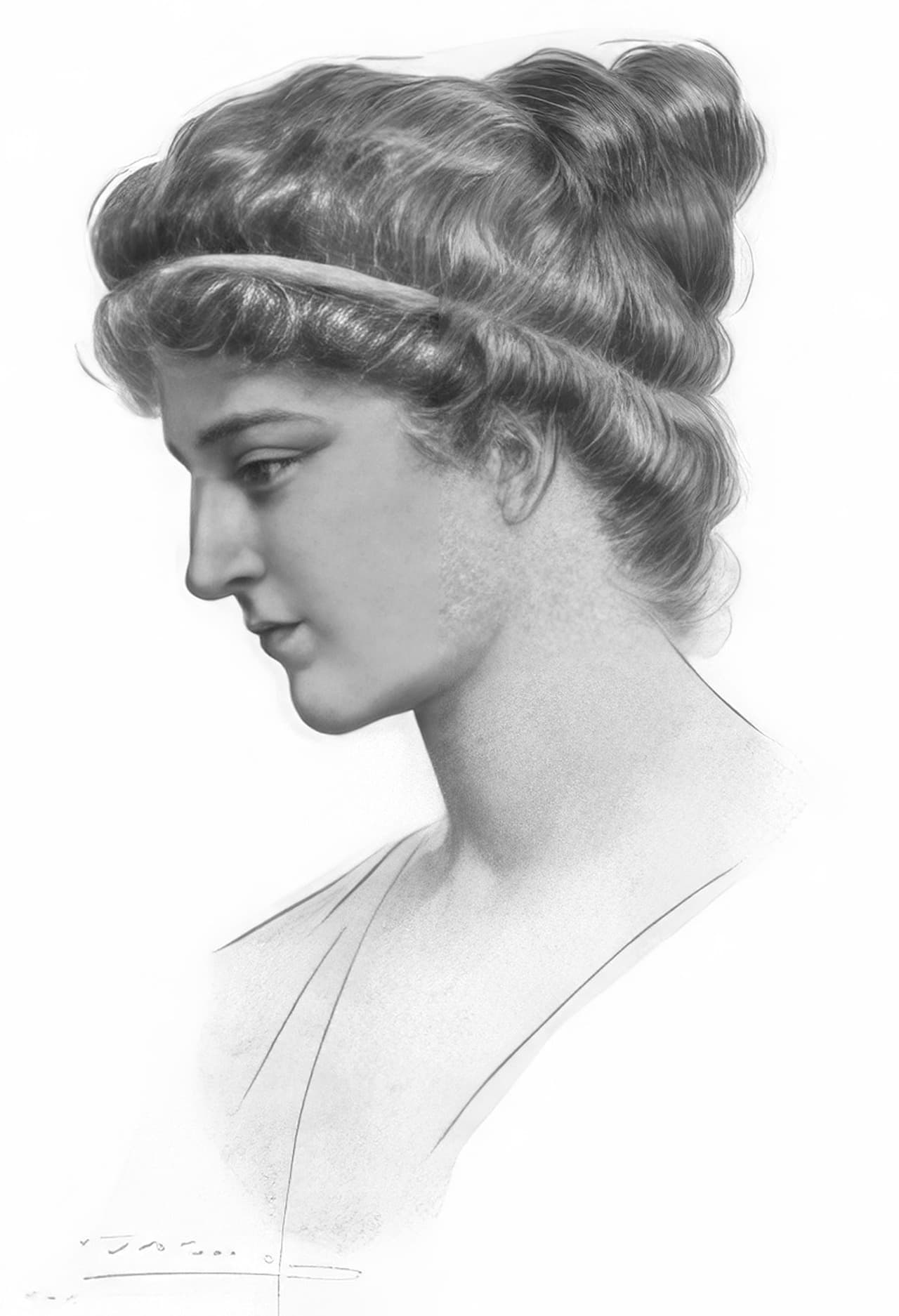
Hypatia of Alexandria was a female mathematician, astronomer, and philosopher who lived in the 4th century CE. She is known for her exceptional intellectual abilities and was estimated to have an IQ ranging from 170-210, placing her among the smartest people in history.
Hypatia’s contributions to mathematics and astronomy were highly respected during her lifetime, with scholars seeking out her guidance and instruction.
William Shakespeare: IQ 210

William Shakespeare is widely considered one of the greatest playwrights in history, and it turns out he was also extremely intelligent, with an IQ score of 210.
This places him among the individuals with the highest IQs in the world. His works include numerous plays, sonnets, and other literary masterpieces that continue to be studied and performed today.
Despite his impressive intellectual abilities, controversy surrounds whether or not William Shakespeare actually existed due to a lack of physical evidence about his life.
Chris Hirata: IQ 225

Chris Hirata is one of the most brilliant minds in the world, with an IQ score of 225. He achieved membership at Mensa International when he was only 13 years old and has made significant contributions to the field of astrophysics since then.
Hirata’s exceptional abilities in mathematics led him to become the youngest American ever to win a gold medal in the International Physics Olympiad at age 13. By completing dual Bachelor’s degrees from California Institute of Technology before turning 18 and earning his Ph.D.
by age 22, he became one of the youngest individuals ever to achieve this accomplishment.
Thomas Young: IQ 185-200
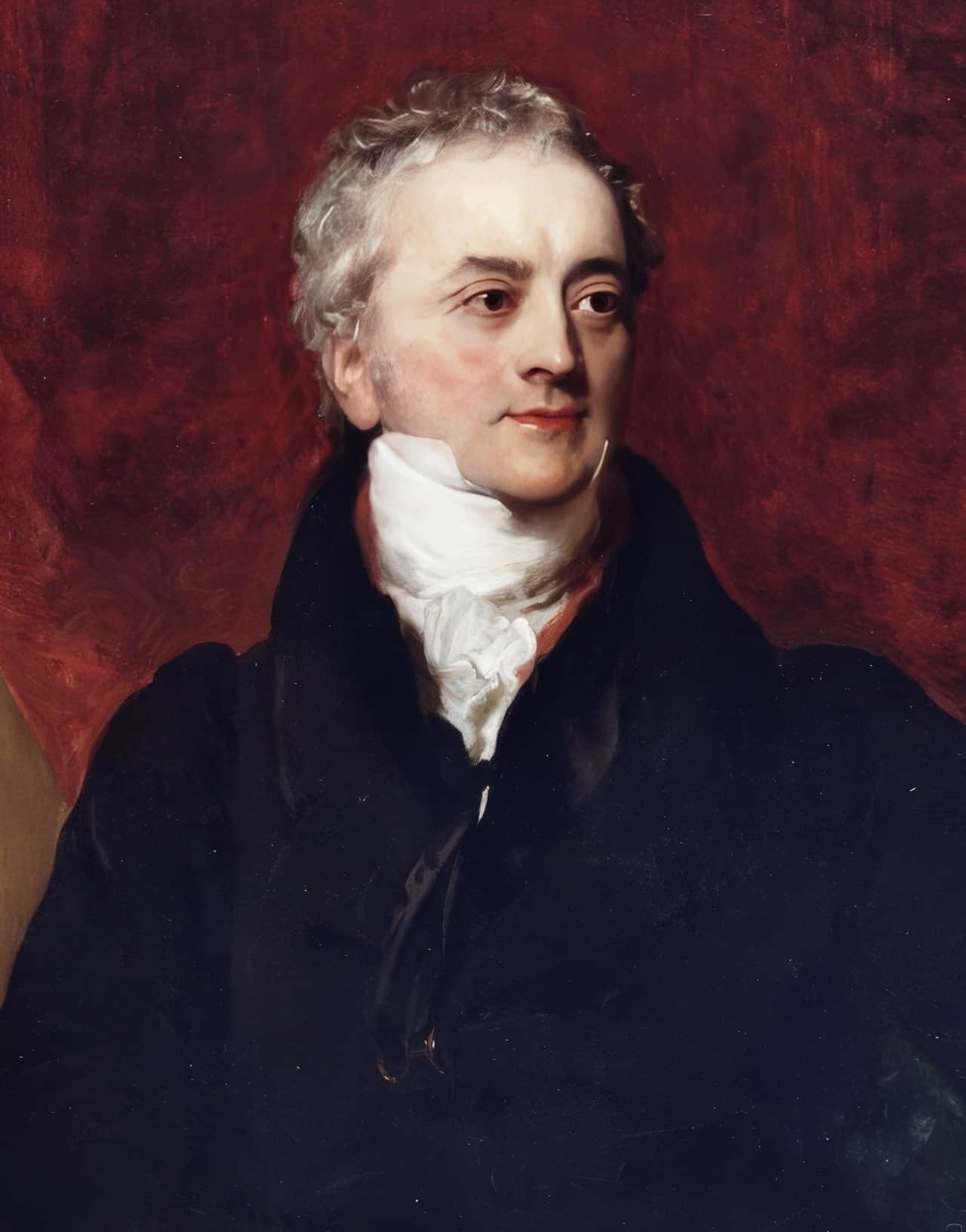
Thomas Young is a prominent figure among the top 28 individuals with the highest IQs in the world, estimated to be between 185-200. He was not only an exceptional polymath but also involved in a NASA project at just 16 years old.
Young graduated from Princeton University at age 22 and made significant contributions to physics, medicine, linguistics, and optics throughout his lifetime. His intellectual prowess propelled him to become one of the most renowned scientists of his time, paving the way for countless advancements in multiple fields.
Garry Kasparov: IQ 190
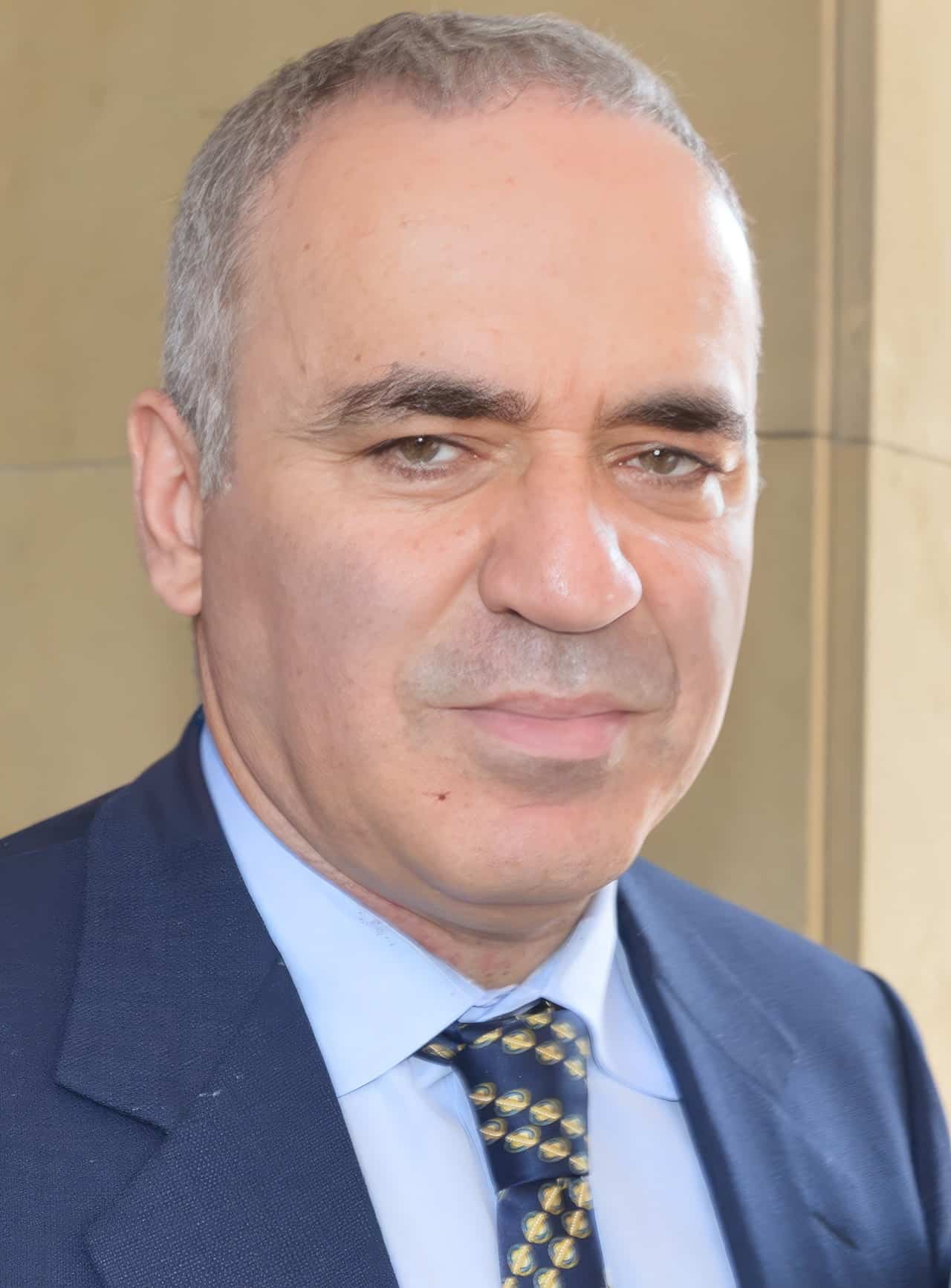
Garry Kasparov, the former World Chess Champion renowned for his aggressive playing style and strategic thinking, has an IQ of 190. Born in Russia in 1963, Kasparov became the youngest undisputed World Chess Champion at just 22 years old.
His exceptional intelligence and analytical skills have made him a respected figure in fields beyond chess. In addition to writing several books on topics ranging from artificial intelligence to human rights advocacy, he famously competed against IBM’s Deep Blue supercomputer in a match that captivated the world in 1997.
Ainan Cawley: IQ 263

Ainan Cawley, a British-born child prodigy, is known for having one of the highest IQs in the world, with a score of 263. He has exceptional talents in science, music, art, and poetry.
At seven years old, he was accepted into Singapore’s Gifted Education Programme at Nanyang Technological University, where he became the youngest person to pass the Chemistry-O level.
By age nine, he had passed A-level physics and became the youngest person ever to attend a university-level course when he studied chemistry at Singapore Polytechnic. Cawley received his Ph.D.
in chemistry at just 21 years old and has since published several scientific papers.
Elon Musk: IQ 155

Elon Musk is a visionary entrepreneur and engineer known for his brilliant mind and innovative ideas. While his exact IQ score is not publicly known, it is estimated to be around 155, placing him among highly intelligent individuals.
Musk co-founded PayPal, a successful online payment company, which propelled him into the realm of entrepreneurship. He later ventured into electric vehicles with Tesla, revolutionizing the automotive industry. Additionally, he founded SpaceX, a private aerospace manufacturer, with the goal of making space exploration more accessible and affordable.
Musk’s ability to think outside the box and tackle complex problems has led to groundbreaking achievements, such as the development of reusable rockets and his ambitious plan to colonize Mars. His determination to push boundaries and pursue seemingly impossible ideas has earned him recognition as one of the most influential and intelligent figures of our time.
Mark Zuckerberg: IQ 152

Mark Zuckerberg, the co-founder, and CEO of Facebook, is another prominent figure in the tech industry with a high level of intelligence. While his IQ score is not publicly available, it is estimated to be between 130-152, indicating a superior intellect.
Zuckerberg’s journey began during his time at Harvard University, where he created a social networking platform that would eventually become Facebook. His ability to understand human behavior and connect people through technology propelled the platform’s rapid growth and global impact.
As a highly skilled programmer and entrepreneur, Zuckerberg has demonstrated his intellectual capabilities through his ability to lead a multi-billion dollar company and navigate complex challenges in the ever-changing world of social media. His continuous efforts to expand Facebook’s reach and influence, along with his philanthropic initiatives, showcase his intellect, adaptability, and long-term vision.
Factors That Contribute To High IQ
Genetics, environment, education, and motivation are all factors that contribute to a high IQ.
Genetics
Genetics is one of the major factors that contribute to high intelligence. Research has shown that genetics plays a significant role in determining IQ, with estimates of heritability ranging from 50-80%.
For instance, there are families where multiple members exhibit exceptional intellectual abilities, suggesting a genetic component. One noteworthy example is the Carlson family, where four siblings scored among the top 1% in IQ tests and demonstrated outstanding academic performance.
Ongoing studies aim to identify specific genes associated with high intelligence and explore their functions.
Environment
Another factor that can contribute to high IQ scores is the environment. A stimulating and nurturing environment can help individuals develop their cognitive abilities from an early age.
For example, children who come from families that prioritize education and provide them with access to learning resources are more likely to perform well on intelligence tests later in life.
On the other hand, a disadvantaged or stressful environment may hinder an individual’s intellectual development.
Therefore, while genetics may play a role in determining one’s intelligence potential, the environment can also significantly impact cognitive abilities.
Education
Education is one of the many factors that contribute to high IQ. Formal education provides individuals with the tools they need to develop critical thinking skills and expand their knowledge base.
In fact, studies have shown that IQ scores tend to be higher for individuals who have completed higher levels of education, such as a master’s or doctoral degree. One example is Terence Tao, an Australian-American mathematician who has an impressive IQ of 230 and holds a Ph.D.
However, it is important to note that education alone does not guarantee a high IQ score or intelligence in general. There are numerous examples of self-taught geniuses like William James Sidis, who had an estimated IQ between 250-300 but dropped out of Harvard after just one year due to interpersonal conflicts with his professors.
Another notable example where self-learning resulted in extraordinary intellectual achievement was Leonardo da Vinci’s insatiable appetite for knowledge which allowed him to excel across multiple disciplines such as art and science without any formal educational background beyond basic reading and writing instruction during his childhood days growing up in Florence Italy during the Renaissance era.
Motivation
Motivation is a crucial factor in determining an individual’s performance on IQ tests. Those who are intrinsically motivated tend to perform better than those who are extrinsically motivated or not motivated at all.
For instance, a child prodigy may have an innate desire to learn and explore new things, which leads to high scores on intelligence tests.
In addition, motivation can also impact overall success beyond IQ testing. High levels of motivation can lead individuals with average IQ scores to outperform those with higher scores but lower levels of motivation.
For example, Thomas Edison demonstrated perseverance and determination in developing the light bulb despite facing numerous setbacks and failures.
Does A High IQ Guarantee Success?
While a high IQ can certainly be an advantage, it is not a guarantee of success. Emotional intelligence, creativity, problem-solving skills, and social skills are all essential components of achieving success in any field.
The Role Of Emotional Intelligence (EQ)
Emotional intelligence (EQ) is a critical aspect of human intelligence that complements IQ. It refers to the ability to perceive, understand, and regulate one’s own emotions and those of others.
Emotional intelligence includes recognizing different emotional states in oneself and others, controlling impulsivity, building relationships, empathizing with others’ experiences, and communicating effectively.
In determining success in life or career choices beyond academia -aspects such as leadership potential- emotional intelligence plays a critical role alongside IQ. Employers now recognize the importance of EQ not only in teamwork but also individual development goals for employees.
A study by TalentSmart found that 90% of top performers at work had high levels of emotional intelligence. Additionally, they found that people with higher scores on an EQ test earn more money than those with lower scores.
The Importance Of Creativity And Problem-solving Skills
Creativity and problem-solving skills are essential components of intelligence that cannot be easily measured by a single IQ test. While high intelligence may give one the potential to solve complex problems, it is ultimately creativity and innovation that allow individuals to come up with novel solutions.
Additionally, problem-solving skills involve more than just finding an answer; it also requires the ability to recognize patterns, analyze data, and make informed decisions based on evidence.
This type of critical thinking is increasingly important in today’s society, where technology continues to change at a rapid pace and new challenges arise daily.
Ultimately, creativity and problem-solving abilities complement traditional measures of intelligence such as IQ scores.
The Impact Of Social Skills And Networking
Having a high IQ is undoubtedly impressive, but it’s not always enough to guarantee success in life. Social skills and networking play an essential role in our personal and professional lives.
Socially intelligent individuals are more likely to build strong relationships, inspire trust, and create productive teams.
For example, Garry Kasparov was an excellent chess player with a high IQ of 190. However, he also excelled at networking by collaborating with the best players worldwide, studying their strategies, and developing his playing style over time.
Similarly, Judit Polgar achieved great success after mastering both her social skills and her craft as a Hungarian chess master – becoming one of the strongest female chess players in history and even beating Kasparov himself at age 15.
In conclusion, while having a high IQ can unlock many doors for individuals seeking excellence, it’s equally vital that they develop good social skills such as confidence-building communication etiquette (verbal/non-verbal), listening capability alongside effective networking abilities like building meaningful connections/networks with peers/mentors/seniors or juniors which aid them over their entire professional journey from initial employability/vocation all across achieving leadership roles up the corporate ladder or entrepreneurship ventures.
Frequently Asked Questions (Related to the World’s Highest IQ People)
Who is considered to have the highest IQ in the world?
The individual with the highest recorded IQ score is Marilyn vos Savant, who scored 228 on the Stanford-Binet test.
What factors are used to determine someone’s IQ?
IQ tests measure various cognitive abilities, including problem-solving skills, spatial reasoning, memory recall, and processing speed, among others. These scores are then compared against age-matched norms to assess overall intelligence.
Can someone increase their IQ over time?
While it may be possible for individuals to improve certain cognitive skills through practice, traditional IQ scores tend to remain relatively stable throughout one’s lifetime as they are largely determined by genetics and early childhood development.
How useful is knowing someone’s IQ in real-life situations?
While having a high IQ can indicate a potential for success in certain fields or academic pursuits, this knowledge alone does not necessarily predict how someone will perform in social or emotional situations nor guarantee future achievements later in life, such as financial security or personal happiness.
Conclusion
In conclusion, the top 28 individuals with the highest IQs in the world are a fascinating group of people who showcase unique cognitive abilities and exceptional intelligence.
Although having a high IQ does not guarantee success, it is still an impressive feat to have scored so high on an intelligence test. While genetics play a role in intelligence, environmental factors such as education and motivation can also contribute to one’s cognitive abilities.
It’s important to remember that there are different types of intelligence beyond traditional academic skills, including emotional and musical intelligence.
